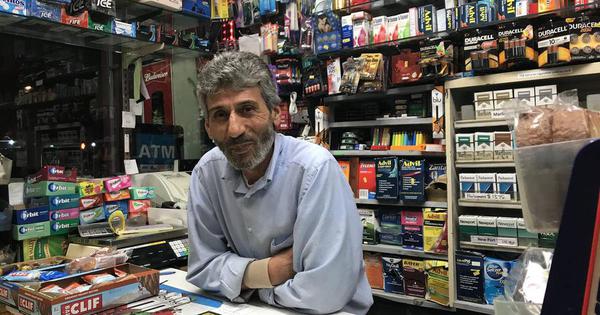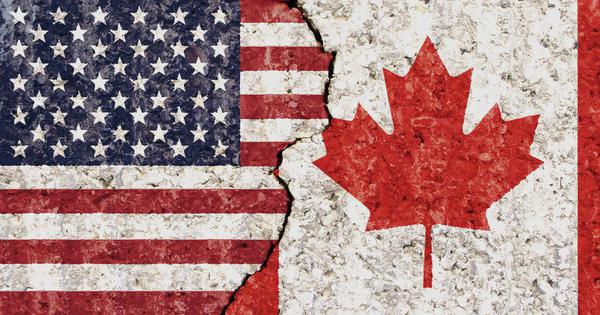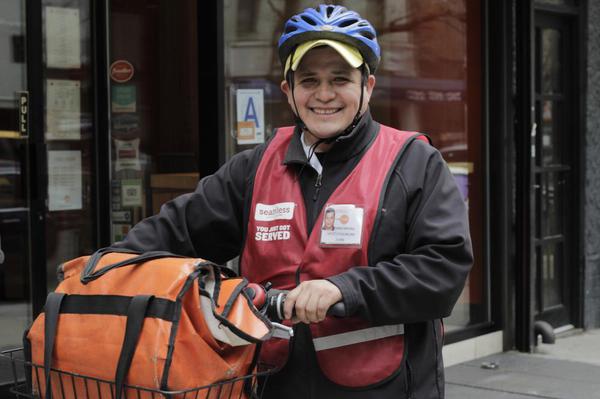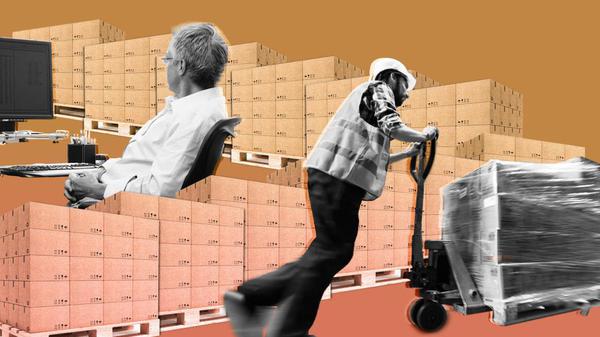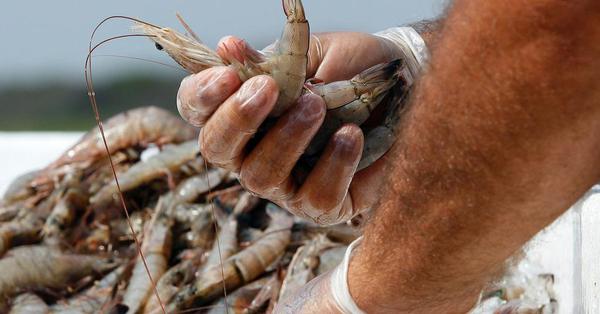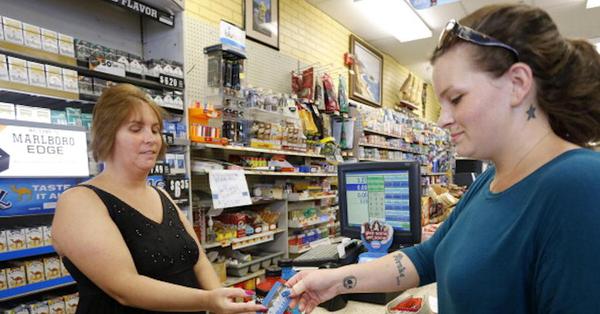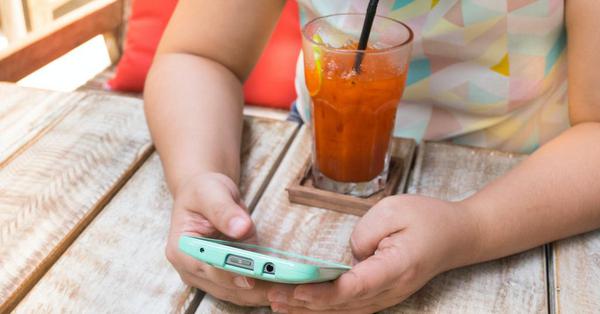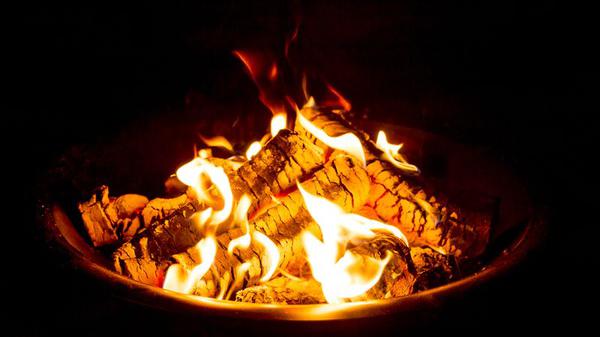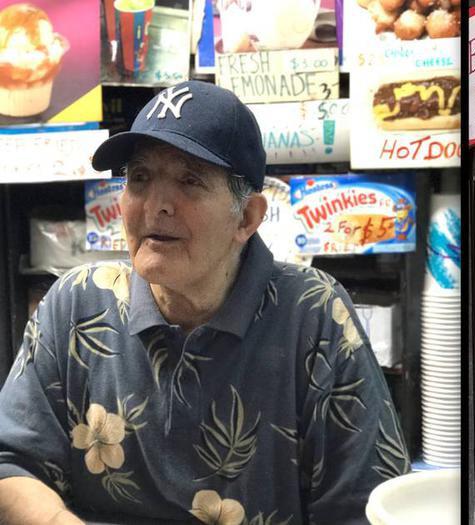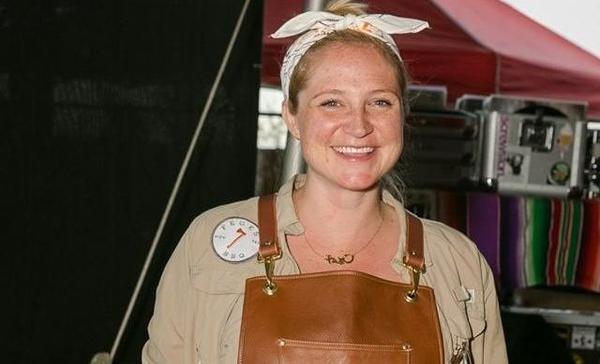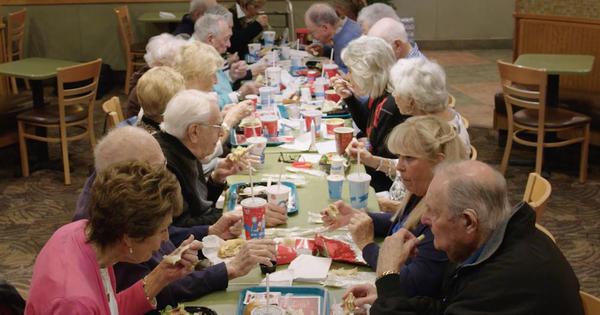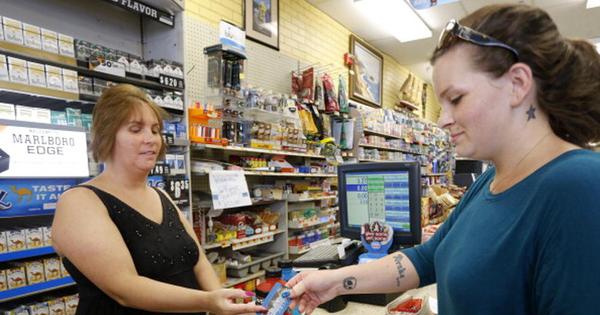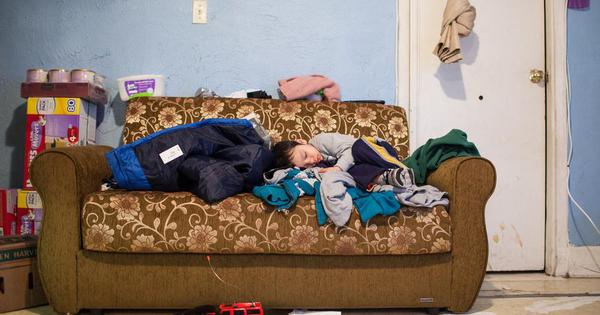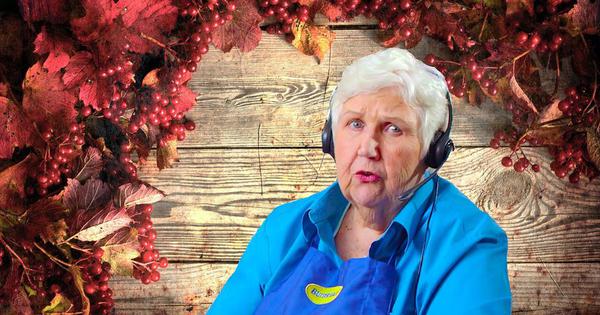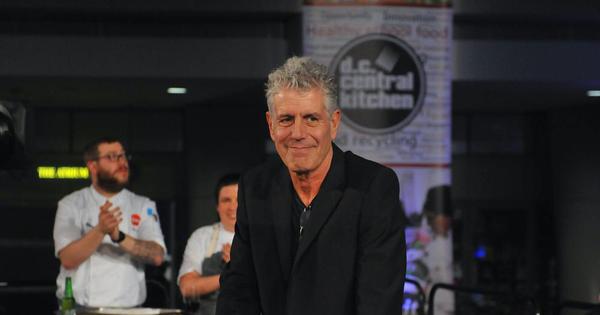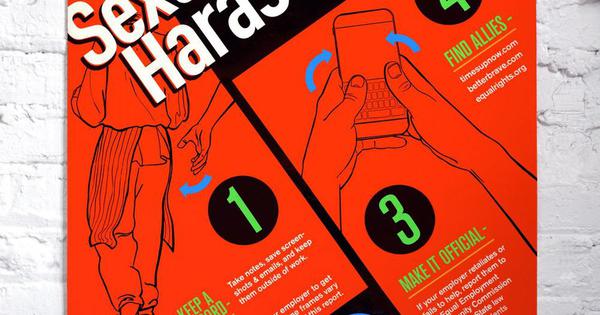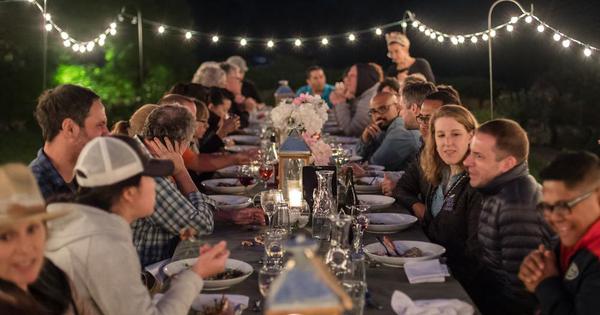Mic
•
14th June 2018
Why the future of food — and hunger — is in the hands of chefs
On Monday, after a fueling breakfast of bacon, scrambled eggs, French toast and coffee — tons of coffee — a group of 14 chefs from around the country gathered around to hear a Powerpoint presentation. Seated in stiff chairs set up at long tables arranged into one rectangle, the chefs, most of them leaders in their kitchens back home, would take on the role of student at the 15th James Beard Foundation’s Chefs Boot Camp for Policy and Change, held at Glynwood in upstate New York. Their teacher, Katherine Miller, JBF’s senior director of food policy advocacy, knew her audience. “If you’re having trouble sitting still, feel free to get up, stretch — do what you need,” she told the group.
